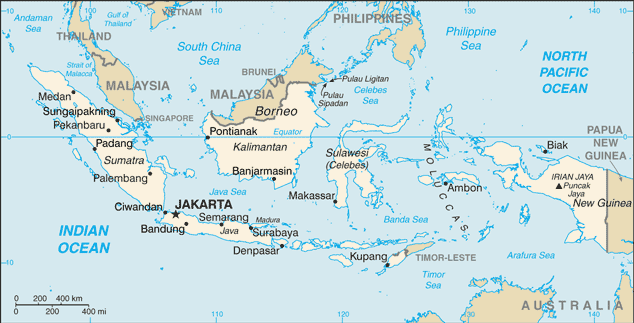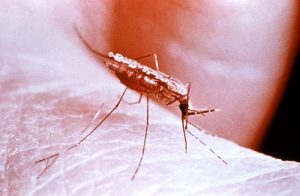NewsDesk @bactiman63
The Asia Pacific Leaders Malaria Alliance, Asia Pacific Malaria Elimination Network (APLMA-APMEN) and the Global Institute for Disease Elimination (GLIDE) have today announced a new partnership to support Governments to help drive the elimination of malaria and lymphatic filariasis (LF) in Papua New Guinea (PNG), and malaria elimination in Indonesia and Timor-Leste via innovative cross-disease and cross-border approaches.

Malaria and LF are two of the deadliest mosquito-borne diseases, devastating millions of people globally. Both diseases are transmitted by the same vector, Anopheles mosquito, and share common breeding and feeding habits. Integrated vector control and collaborative efforts are therefore needed to effectively reduce the burden and mitigate their risk to people’s lives.
Subscribe to Outbreak News TV on YouTube
APLMA-APMEN and GLIDE will support national, sub-national public health and malaria programs to improve data and evidence generation to guide decision-making on integrated vector management for malaria and LF in PNG and work with key partners to identify interventions to address the cross-border malaria situation between Indonesia and Timor-Leste. As COVID-19 strains national health budgets, accelerating the need to develop cost-effective, integrated models of service delivery is critical.
As part of this new, multi-year partnership, APLMA-APMEN and GLIDE will conduct a situational analysis in Milne Bay Province, where both malaria and LF are extremely common and deadly. This effort aims to enhance the integration of vector management for these two diseases, leading to improved utilization of existing resources and more coordinated community engagement.

Image/CDC
Sarthak Das, Chief Executive Officer of APLMA, said: “Supporting the national programs and provincial partners to improve access to information and updating recommendations for effective integrated vector management approaches for LF and malaria will help to significantly reduce the burden of disease in PNG and help accelerate progress towards the elimination of these ancient diseases of poverty. This is critical to help achieve the WHO targets to eliminate malaria and neglected tropical diseases.”
Over the last decade, Indonesia and Timor-Leste have made significant progress towards malaria elimination, however, controlling malaria across national borders remains a challenge to country-level elimination efforts. The border between Indonesia and Timor-Leste features unrestricted population movement on both sides of a 280km land border, with significant undocumented migration. Cross-border collaboration and joint interventions, such as malaria screening at border control, joint data sharing, surveillance, and service pathways, are also critical to help address the remaining challenges to elimination.
Simon Bland, Chief Executive Officer of GLIDE, also commented: “We are delighted to work with APLMA-APMEN on these two exciting pieces of work. COVID-19 has shown us that infectious diseases know no borders. Working to address cross-border elimination of malaria between Indonesia and Timor-Leste will help interventions go further and have long-lasting impacts. We also look forward to the outcomes of the initiative in PNG, which we hope will inform integrated approaches that span across diseases and help strengthen health systems.”
Philippines: Dengue advisory in Mati City
Thailand reports 67% increase in Streptococcus suis infections in 2021

